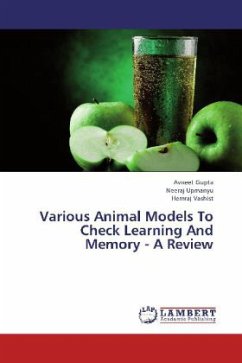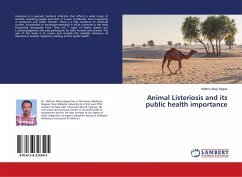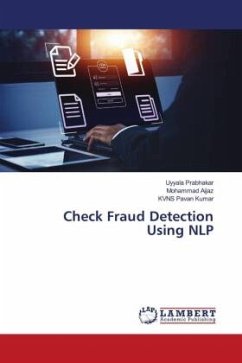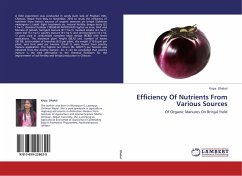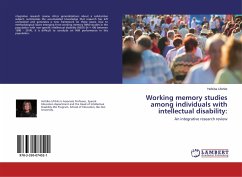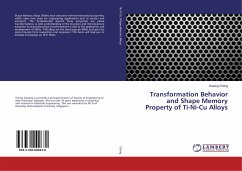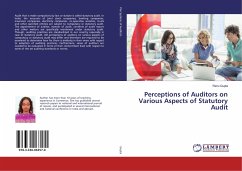Learning is defined as the acquisition of information and skills or in other words it is the process by which new information is acquired. Subsequent retention of the information is called memory, which is the process by which acquired knowledge is retained. But oxidative stress and vascular dysfunction are recognized as important contributing factors in the pathogenesis of Alzheimer s disease (AD) and other dementia of vascular origin. AD is a progressive neurodegenerative disorder associated with loss of neurons in distinct brain areas and cord and AD shows cognitive dysfunctions. Deficit in learning and memory have long been recognized as severe and consistent neurological disorder associated with numerous psychiatric and neurodegenerative states. Moreover, a marked compromise of processes has become an integral part of aging. Normal aging is associated with a decline in functions such as sensory and motor performance, and at times, this decline is accompanied by cognitive dysfunction So, the present study is therefore focused on discussing different animal models for Learning and memory. These animal models provide help for measure cognitive functions in animals.

